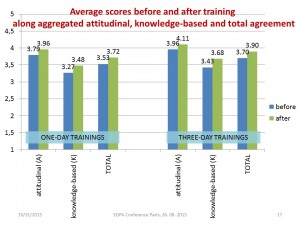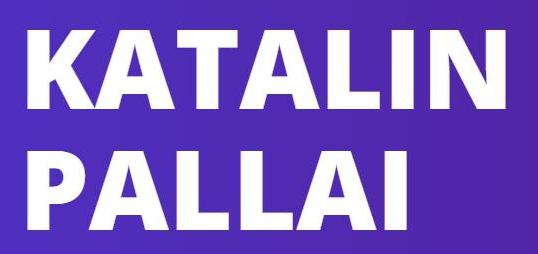Impact of culture on the results of a tender for faculty for a post-graduate education program: the role of sense making, expectations and networks of potential teachers. 2015
The research examined a public tender process implemented in a context where process abuses are widely documented, but implementers of the examined tender aimed to initiate an honest process, The question was whether credible integrity of the tenderer can break the abusive culture and make tender an effective means to find the best people. The research examined the results of the tender and the opinions of potential and selected faculty. The result was that even when all countervailing forces to a decent tendering process couldn’t be eliminated, a prior argumentative process targeting stakeholders’ values, interpretations and expectations could impact actors’ strategies. The importance of the result lies in the fact that this seemingly simple solution is unfortunately rarely applied in the public administration in the region. IASIA 2015 Conference Pallai paper
Action reseach o the role of integrity advisors in Hungary, 2013-14
Within the research program of the Centre for Excellence in Integrity an action research was launched that used the deep knowledge and organizational intelligence of alumni form Integrity management courses in identifying adequate development strategies for the inclusion of the work of integrity advisers in public organizations. The action research aimed at identifying widely experienced integrity deficits and viable response strategies in cooperation with the alumni. Akciókutatás
Research on the effectiveness of the Public ethics and Integrity trainings within the SROP 1.1.21.
 I decided that instead of the usual satisfaction survey I will conduct an effectiveness survey to measure the results of my methodology within this mega training program. Approximately 8000 civil servants who participated at the trainings had to fill up a questionnaire at the start and at the end of the training. The questionnaire was designed to reveal the change in attitudes towards corruption and anticorruption, with focus on the change in trust in possible advances and in the approaches that could decrease public sector corruption. The effectiveness of the training program is measured through the changes in the responses. The analysis of 15.000 questionnaires proves the effectiveness of the method. EGPA Pallai-Gregor
I decided that instead of the usual satisfaction survey I will conduct an effectiveness survey to measure the results of my methodology within this mega training program. Approximately 8000 civil servants who participated at the trainings had to fill up a questionnaire at the start and at the end of the training. The questionnaire was designed to reveal the change in attitudes towards corruption and anticorruption, with focus on the change in trust in possible advances and in the approaches that could decrease public sector corruption. The effectiveness of the training program is measured through the changes in the responses. The analysis of 15.000 questionnaires proves the effectiveness of the method. EGPA Pallai-Gregor
